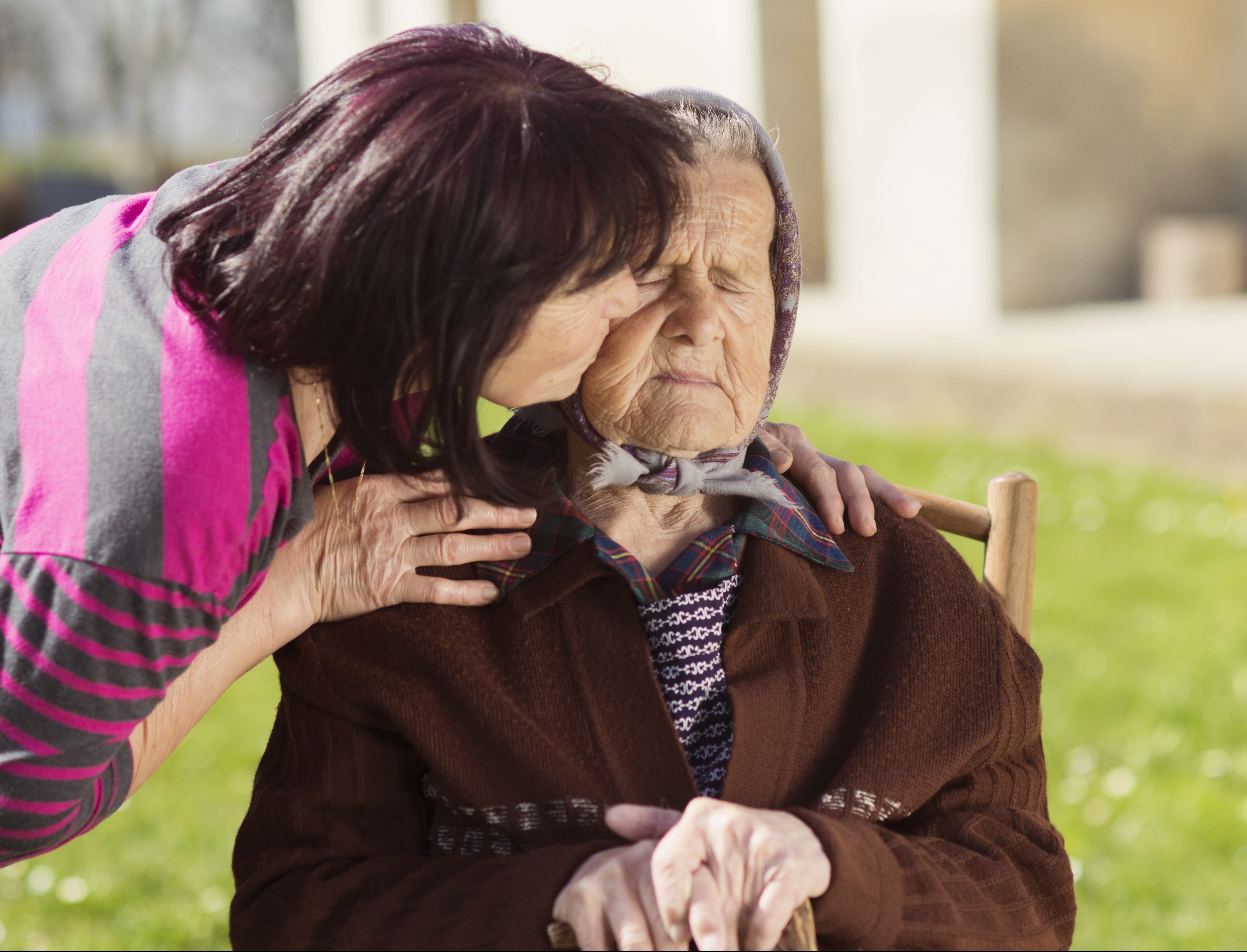“Take care of your beloved elderly relatives and visit them often!”

“Take care of your elderly relatives … visit them often and do not abandon them”. This was an emotional appeal made by a carer, who wished to remain anonymous, in an interview with Voice of the Workers on his work with the elderly in a care for the elderly home run by Government.
The interview was carried out in reaction to a parliamentary question related to the complaints made by residents in government-run homes for the elderly.
During question time in the parliamentary sitting of Wednesday, 14 February 2018, the Opposition Speaker on Health, Stephen Spiteri, asked Michael Falzon, Minister for the Family, , Children’s Rights and Social Solidarity how many complaints had been made by elderly persons residing in government-run homes.
Minister Falzon replied that during the past year 31 complaints were submitted about the government-run residences. The majority were about the quality of the food and maintenance.
Minister Falzon said, in Parliament, that the complaints concerned the residential homes in Mellieħa, Mosta, Imtarfa and Bormla. He added that when the Department of Active Ageing and Care in the Community receives complaints, immediate action is taken against the contractor or members of staff concerned.
In reaction to what was said in Parliament, the carer who spoke to this portal expressed his concern that the government residences that are currently being used were designed to house elderly people who were quite independent. “When elderly people who were bedridden started to come in, everything fell on our shoulders, the houses became very small, we lacked the appropriate equipment and maintenance was inexistent”, the carer said. He said that the furniture was showing signs of wear and tear and more modern equipment was needed.
The employee who spoke to us explained what his and his colleagues’ working day was like. He was frustrated because the ratio of workers to wards was not as it should be. “Sometimes there are seven of us available to give the residents a wash but there are days where two of us have to accompany residents to hospital for appointments … so we end up with two fewer carers and the work that is usually done by seven people has to be done by five … this cannot carry on”, the carer went on to say.
He said that he has done this work for 20 years and, in spite of the stress that is part and parcel of this vocation, he is still happy to work with the elderly. However, a number of things are lacking that are adding to the pressures of this job – issues that, unfortunately, are creating unnecessary burdens.
“We do not even have a decent place in which to spend our break!”, the worker complained, adding that, together with his colleagues he has been asking for a new uniform for months. “We have been waiting for it for nine months and we are given one excuse after another … that is how it goes”, said this carer.
Speaking about the available equipment, this worker criticised the condition of the beds and the wheelchairs. “No maintenance of the beds and the wheelchairs is being carried out so it is becoming quite difficult for us to handle them, especially with the residents on them.”
“Our work is very stressful”, said the carer, adding that “many of the elderly residents are constantly calling for us and the buzzer never stops … sometimes, when I am sleeping at home, I’m jerked awake by a sudden noise thinking it’s the buzzer … this is because I am constantly hearing it”, said this worker.
Having said this, working with the elderly provides this carer and his colleague with a great deal of satisfaction. “When you hear the elderly say ‘thank you’ or you see them smile, we feel a sense of satisfaction.”
“It is not the first time that we go out of our way to help them. We come across elderly people who are never visited by family members. Sometimes they need something but they do not have the money to pay for it so we buy it for them … in some cases we see their children pick up the pension cheques and leave … they do not even stop to talk to them!”
In the meantime, the Opposition Speaker on Health, Stephen Spiteri, said in a comment to this portal that the limited number of residences for the care of the elderly is troubling and if we do not come up with alternative types of accommodation the quality of care of the elderly is going to go down.
The Opposition Speaker on Health is often at these homes visiting some of the elderly in his capacity as a doctor. Stephen Spiteri said that these people “would have worked their whole lives, brought up a family and, at their age, they deserve the right care”.
Dr Spiteri also remarked on the workers who are being put under great pressure at work. “This situation is affecting them mentally … let us not forget that all work with the elderly is delicate and has a vocational element,” said the Nationalist MP, adding that “the pressures they are facing is affecting their performance at work.”
In light of all this, Voice of the Workers would like to refer to the statistics which clearly show that our population is getting older. The fact that we are living longer is creating other problems such as dementia. It appears that this condition is neither being addressed in the short term nor in the long term. The number of older people with dementia is increasing and the only ward that houses elderly with this condition is the one located at the St Vincent de Paul Residence. Therefore, social housing for these elderly people needs to be increased and made available while the quality of care needs to be strengthened without creating more burdens for the workers.
